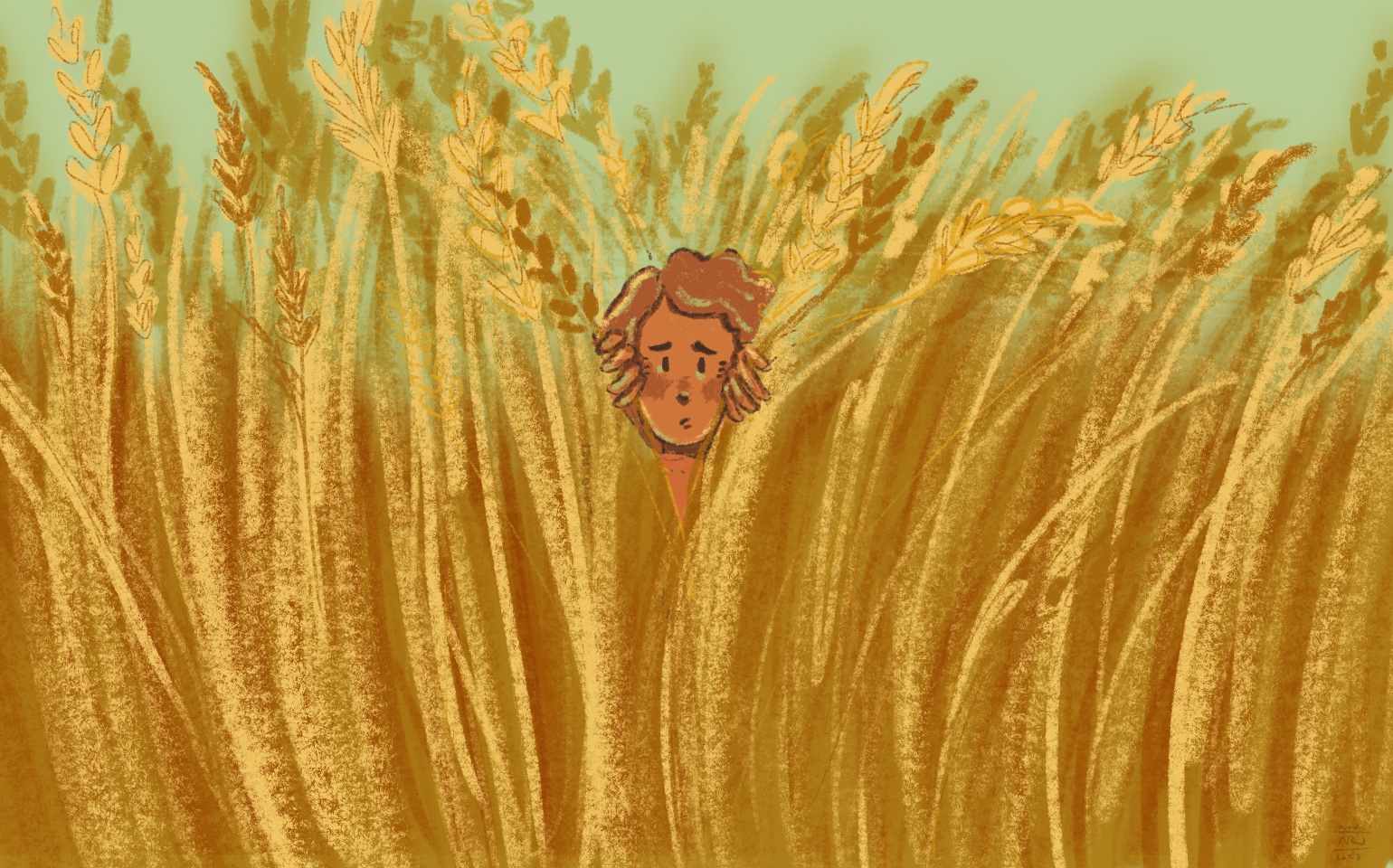
Finding Motivation to Write
During quarantine, most of us had no writing assignments to do. No essays, no reflection writing, and no incentive to write stories or poems, either. How can we bring back the motivation to write?
Here are examples of ways to find that adrenaline again.
1. Write a manuscript
There are many teen authors out there. Whether their book became successful or not, they were able to gain a lot of writing experience. Why not start practicing book writing now to prepare for your bestselling future? Fun fact, your brain is more creative when you are tired, so the best time for thinking up plots and ideas is when you are trying to fall asleep.
Writing is different for every author. When I write, I like to make a document and organize my characters, settings, and other details I must have before writing. For my characters, I write an entire biography for them, including personality, likes and dislikes, habits, as well as a short synopsis on their role in the story.
I sometimes even draw my character so I can familiarize myself with their features, even designing their clothes. I also like to paint the setting of the story so I can understand the feeling it portrays. Authors must remember that every detail in the story matters and something as simple as what the character wears can contain so much information about them and the story. For example, in Percy Jackson and the Olympians, Annabeth’s “stormy grey eyes†are mentioned very often, giving off the feeling that she is a serious, intense person. In mystery stories especially, something as little as the habit of licking their fingers after eating chips can be a huge clue to solving a murder.
After planning the characters and settings, I work on the plot. I like to envision a timeline and write the details of the plot in jot notes. That way, I can notice plot holes and remember details from previous chapters. After I finish planning what is in each chapter and complete the little jot notes I must remember to write about, I begin writing.
So, what do you do after you write the book? If you are not completely confident enough to publish your story, you can ask some friends or family to read it. You can also publish the story under a false name or use websites where you publish one chapter at a time so you can view reader feedback.
Here are some websites I recommend:
Non-fiction writing:
2. Get ready for writing competitions
Many writing competitions that will open in September. For writing contests with many categories, you can visit their websites and look at each category and their examples. By entering multiple categories, your chance of winning increases. Entering many writing contests is very important for a writer as winning not only looks good only your resume, but it is also very good practice and shows off your writing at a professional level.
Ripple Foundation hosts the annual Kids Write 4 Kids contest. The contest is open to students in grades 4 through 8 and admits poetry and stories between 500 and 6,500 words. The winning stories become a published book, in which the proceeds from sales are donated to the winner’s charity of choice. The contest runs from October through March.
3. Research topics you like to write about
There are so many topics you might want to write about, and now is the time to learn all about them. Let’s say you love writing historical fiction. You should go online and read about history you are interested in, reading famous historical fiction novels, as well as watching historical films. Many people underestimate the helpfulness of watching films to gain better writing skills. Watching a film can give you a stimulating feeling as the music and image can allow you to live the story. Remembering the feeling and using it in your own story can engage your reader. I have recently taken an interest in mystery and have been spending my free time watching crime shows and reading mystery novels. I have found that doing this research has led my writing for the genre to improve greatly. You can visit libraries, museums, and cool book stores, or just any interesting places that pique your interest. My favourite place to visit is the Toronto Reference Library and their Arthur Conan Doyle room.
4. Ideas for writing for fun
Let’s say you want to write for fun, with no particular goal in mind. With the time you have, there are many opportunities you can join or start. For instance, you can tutor writing to other children online or even start a personal blog. Writing does not have to be just writing stories, poems, or essays. You can write recipes, draw comic strips, and even songs if you want to. If you love drawing, you can upload your comic strips to Line Webtoon. If you love music, you can write a song and post it on Soundcloud or Spotify. If you love cooking and baking, start an Instagram or Facebook account dedicated to recipes.
There are so many ways to improve and experiment with your writing, so do not sit around waiting for that writing rush to come back.
Happy writing!



